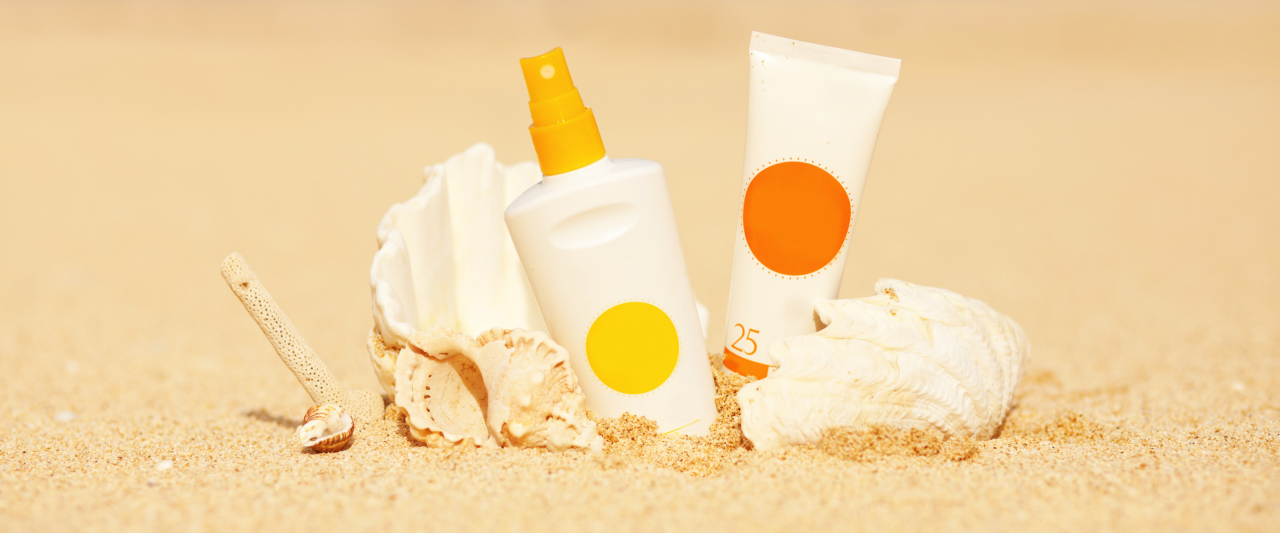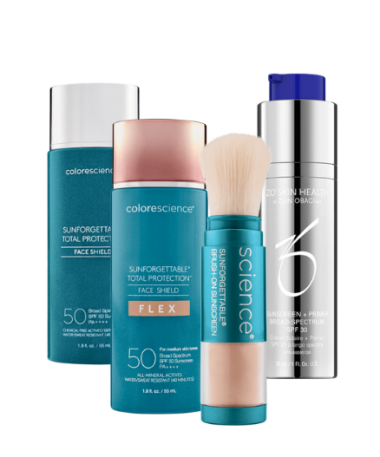Because of its name alone, chemical sunscreen gets a bad rap. However, there are many benefits to using chemical sunscreen.
Chemical sunscreens are lightweight and absorb more easily. They also tend to not have a white cast (a chalky white finish on the skin).
Still asking yourself should I use chemical sunscreen? You might prefer chemical sunscreen if:
You’re swimming, sweating, or playing sports outdoors.
You have a darker skin tone and/or want to avoid a white cast.
You’re not sensitive to fragrances or dyes in skincare.
You’re wearing makeup along with your sunscreen.
Are chemical sunscreens bad for the environment?
Chemical sunscreens may have a negative impact on the environment, but despite a lot of discussions, we’re still not certain. The concern here is that the ingredients in chemical sunscreen get into our waterways when we shower.
Several ocean-conscious regions, including Hawaii, Australia, and the Virgin Islands, have banned certain chemical sunscreens.
Some of the controversial ingredients include:
Non-zinc oxide
Nano-titanium dioxide
Oxybenzone
Octinoxate
Meanwhile, the Environmental Working Group championed titanium dioxide and zinc oxide as two of the safest sunscreen ingredients for the environment. You’ll find these in mineral sunscreen.
If you’re worried about these ingredients threatening marine life and coral reefs, you can look for reef-safe or reef-friendly labelled sunscreens.
But don’t be too quick to swear off chemical sunscreen completely. We still need much more research to understand the nuances of chemical sunscreen and any of its possible environmental effects. Additionally, there are still no regulations on reef-safe sunscreens, so these labels may not always be accurate.





